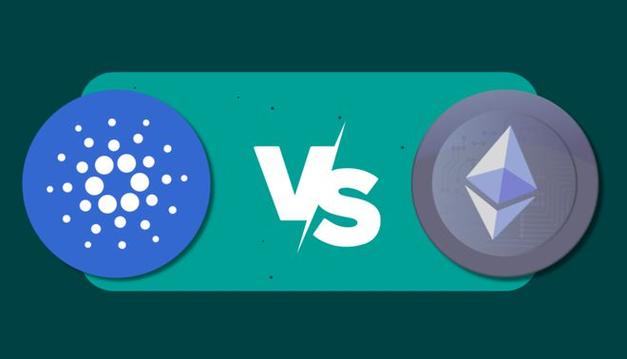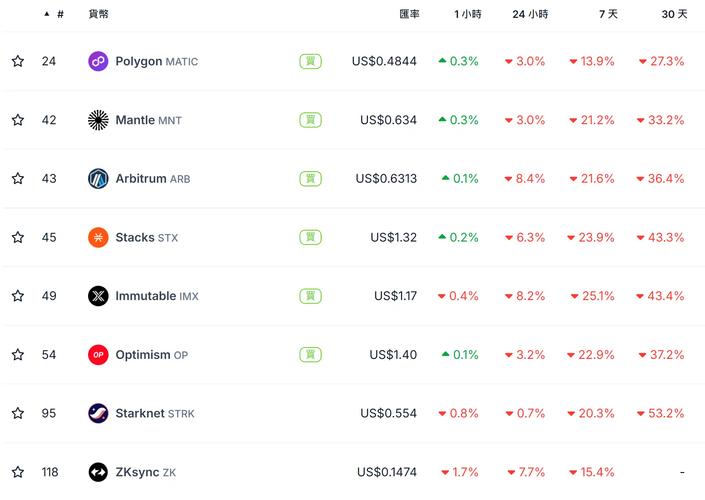
Understanding the Gas Fees: ADA vs ETH
When it comes to blockchain technology, Ethereum (ETH) and Cardano (ADA) are two of the most prominent cryptocurrencies. Both offer unique features and benefits, but one area where they differ significantly is in their gas fees. In this article, we will delve into the gas fees of both ADA and ETH, comparing them across various dimensions to help you make an informed decision.
What are Gas Fees?
Gas fees are the transaction fees paid to miners for processing transactions on a blockchain network. These fees are essential for maintaining the network’s security and ensuring that transactions are confirmed in a timely manner. The amount of gas fee you pay depends on several factors, including the complexity of the transaction, the current network congestion, and the price of the cryptocurrency you are using.

Understanding ADA Gas Fees
Cardano’s native cryptocurrency, ADA, operates on a unique proof-of-stake (PoS) consensus mechanism called Ouroboros. This mechanism allows ADA to offer lower gas fees compared to Ethereum’s proof-of-work (PoW) system. Here’s a breakdown of ADA gas fees:
| Transaction Type | Estimated Gas Fee (ADA) |
|---|---|
| Basic Transfer | 0.0001 ADA |
| Smart Contract Deployment | 0.1 ADA |
| Smart Contract Execution | 0.0001 ADA per step |
As you can see, ADA gas fees are relatively low, especially for basic transactions. This is due to the efficient Ouroboros consensus mechanism and the fact that ADA is a PoS cryptocurrency, which requires less computational power to process transactions.
Understanding ETH Gas Fees
Ethereum’s gas fees have been a topic of concern for many users, as they can vary widely depending on network congestion. Here’s a breakdown of ETH gas fees:
| Transaction Type | Estimated Gas Fee (ETH) |
|---|---|
| Basic Transfer | 0.000015 ETH |
| Smart Contract Deployment | 0.001 ETH |
| Smart Contract Execution | 0.000015 ETH per gas |
ETH gas fees can be significantly higher than ADA gas fees, especially during times of high network congestion. This is due to Ethereum’s PoW consensus mechanism, which requires more computational power to process transactions.

Comparing ADA and ETH Gas Fees
Now that we have a better understanding of ADA and ETH gas fees, let’s compare them across various dimensions:
Transaction Speed
ADA transactions are generally faster than ETH transactions. This is because ADA’s Ouroboros consensus mechanism is more efficient and requires less computational power. As a result, ADA transactions can be confirmed in a matter of seconds, while ETH transactions can take several minutes or even hours during times of high network congestion.
Network Congestion
ADA is less susceptible to network congestion compared to ETH. This is because ADA’s PoS mechanism allows for more transactions to be processed simultaneously, reducing the likelihood of delays. In contrast, ETH’s PoW mechanism can become more congested during times of high demand, leading to longer confirmation times and higher gas fees.
Scalability
ADA’s scalability is superior to ETH’s. This is due to the fact that ADA’s Ouroboros mechanism can handle more transactions per second without compromising on security. In contrast, Ethereum is currently working on its scalability solutions, such as Ethereum 2.0, which aims to improve the network’s capacity and reduce gas fees.
Security
Both ADA and ETH offer robust security features. However, ADA’s Ouroboros mechanism is considered to be more secure than Ethereum’s PoW mechanism, as it requires less computational power and is less susceptible to attacks.





